Universal credit completes Scottish new claimant rollout
- Published
- comments

Elaine Donnelly runs an advice centre for Universal Credit claimants in Inverness
The controversial new benefits system - universal credit - has completed its rollout for new claimants across Scotland.
Three job centres in Glasgow's Castlemilk, Drumchapel and Shettleston are the last to introduce the benefit.
It means all new claimants will now be placed on universal credit.
The benefit has been criticised by charities and campaigners over reports of long delays in payments and its link to rent arrears and food bank use.
Work will begin next year to transfer those claiming existing benefits to universal credit.
The process, which has been repeatedly delayed, is now expected to last until 2023.

'People are worried sick about universal credit'
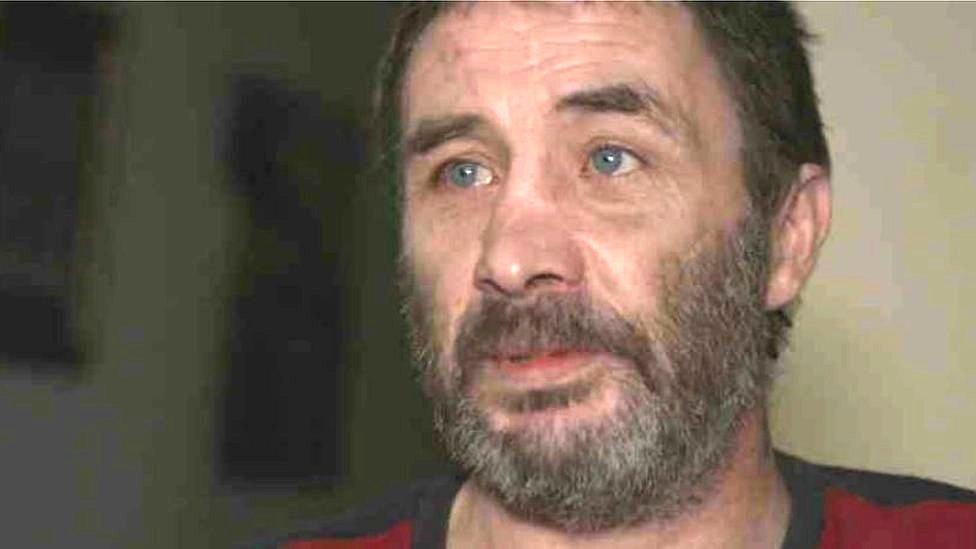
Douglas MacKenzie was claiming Employment and Support Allowance (ESA)
The Highlands Council area has had the longest association with universal credit in Scotland.
In late 2013, the system was started as a pilot scheme.
Since then, 9,000 people in the Highlands have moved on to the benefit, with another 13,000 to be transferred before 2023.
READ MORE: ''People are worried sick about universal credit'

Six benefits
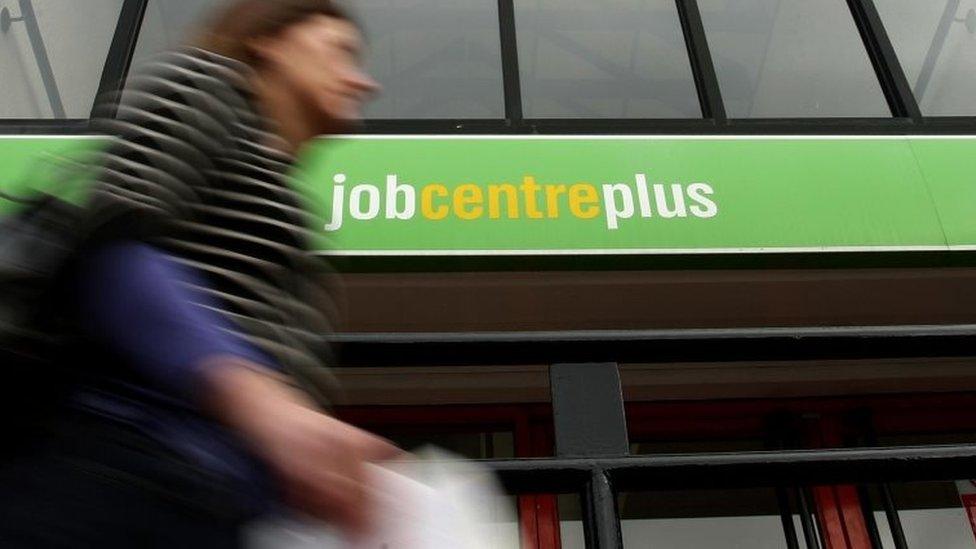
The UK government said the aim of universal credit was to simplify the system and make sure more people benefited from being in work.
It replaces six benefits and merges them into one monthly sum paid in arrears.
The six benefits are:
income support
income-based jobseeker's allowance
income-related employment and support allowance (ESA)
housing benefit
child tax credit
working tax credit
According to figures held by the Department for Work and Pensions (DWP), 128,253 people were claiming universal credit in Scotland as of October 2018.
Just over 60,000 of them were said to be seeking work.
As the rollout has progressed, more than 30,000 Scottish claimants have been sanctioned - meaning their benefit money has been cut.
The DWP said sanctions had only been used in a "very small percentage of cases when people failed to meet their agreed commitments to look, or prepare, for work".
BBC Scotland received data from 31 local councils and 72 housing associations.
Of 38,726 tenants recorded as receiving housing payments, 29,737 were said to be in arrears in October - about 76%.
Councils and social landlords pointed out that many of those affected were in arrears prior to universal credit's introduction.
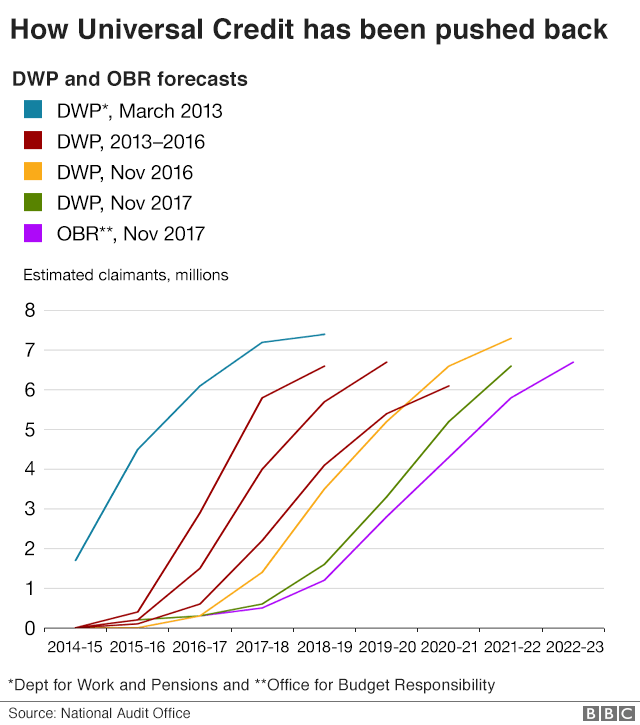

However, a survey conducted this summer by the Scottish Federation of Housing Associations found that the average arrears level of a tenant on universal credit was £676, while the average for those on older benefits amounted to £394.
Last month, a report by the Scottish Police Authority said anecdotal evidence suggested there might be a link between welfare reforms and rises in crimes of dishonesty and robbery.
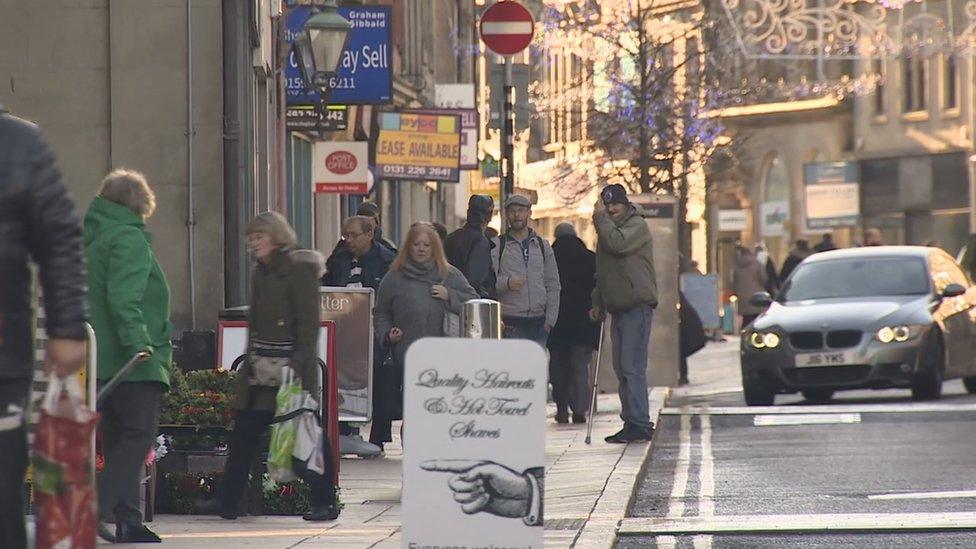
Amber Rudd, the new secretary of state for Work and Pensions, said: "Universal Credit is a force for good, and everyone in Scotland that visits a jobcentre from now on will be able to access a better, modern benefit with personalised support.
"Universal Credit is working for the vast majority of people, and in Scotland we've seen almost 200,000 more people move into work since 2010. However, I will continue to monitor closely and make improvements where needed."
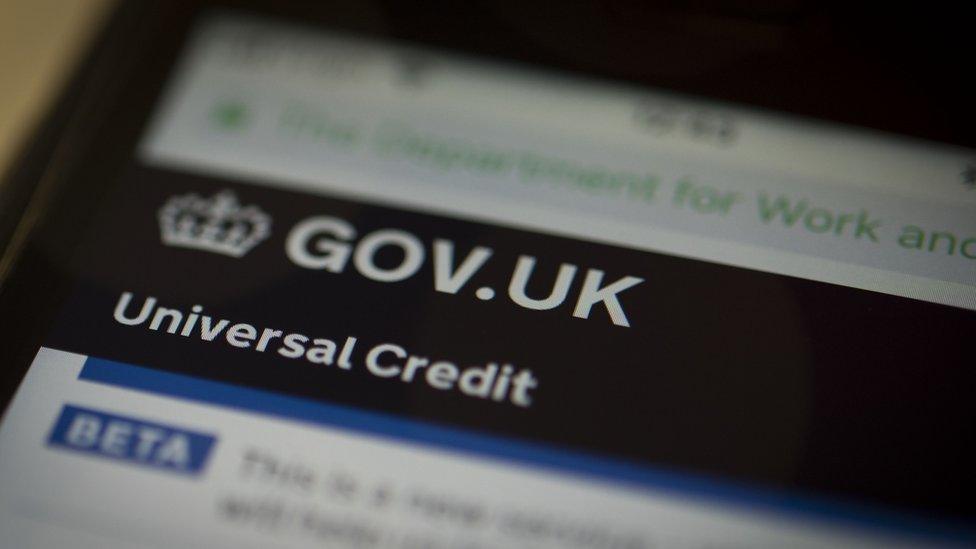
A spokeswoman for the DWP said universal credit was "the biggest reform to the welfare state in decades" and replaced "an outdated, complicated system that often trapped people out of work".
She said: "We have listened to concerns about universal credit delivery and funding, and in response announced a £4.5bn cash boost.
"This includes increasing the amount people can earn on universal credit by £1,000 before their payment begins to reduce, and making sure people do not lose out as they move onto the new benefit."
- Published18 October 2018
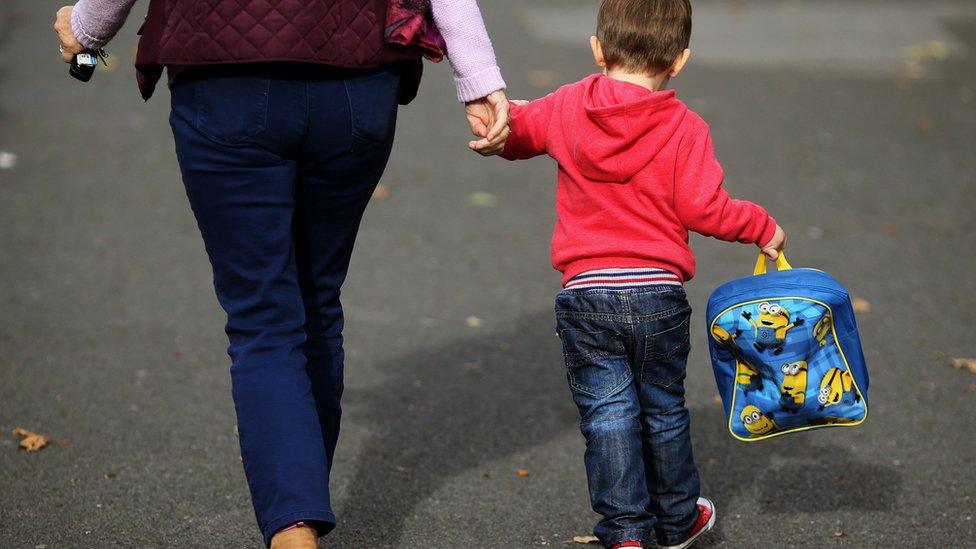
- Published13 May 2024

- Published28 November 2018
